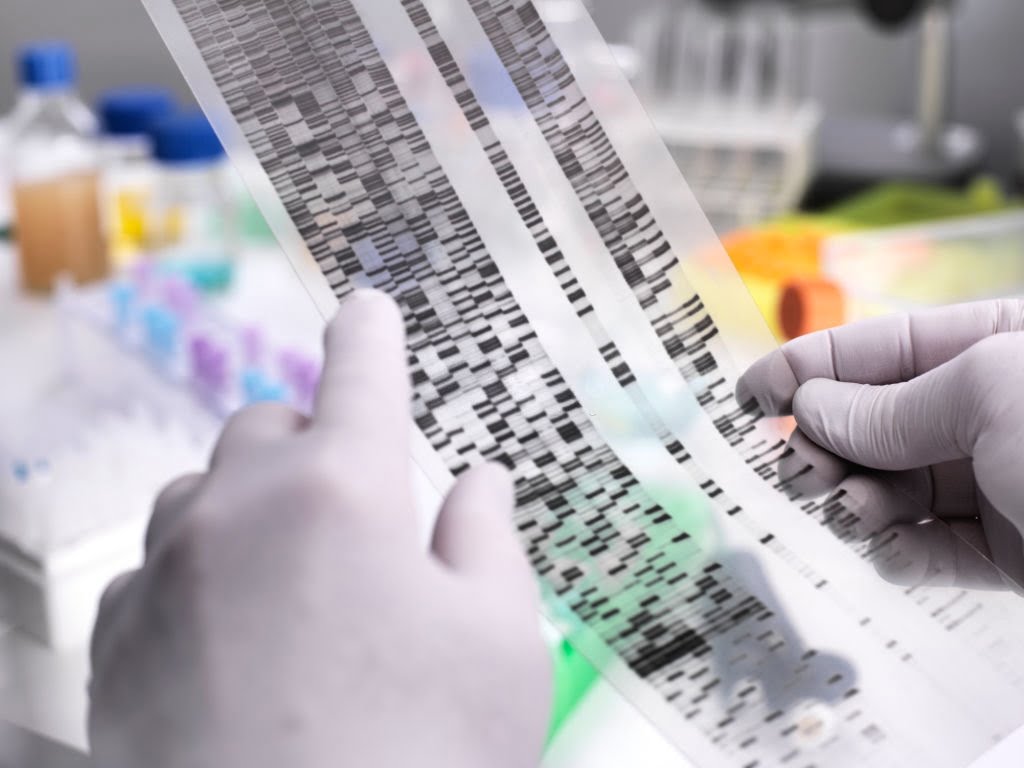Deafness can be inherited right from birth. Inherited deafness can also develop over time during childhood or adulthood.
Deafness has many causes, including genetic causes, which constitutes about 50% to 60% of deafness among babies.
There are also environmental factors that result in deafness, such as maternal infections during pregnancy and certain complications after birth.
People born with deafness usually inherit the condition from parents who have other disabilities.
A common disability that occurs with deafness is vision abnormalities. Kids born with deafness may also experience developmental delays that are part of their genetic inheritance.
When a kid is born with a genetic disorder that results in deafness, he must undergo thorough evaluations with an ENT doctor or audiologist.
These specialists can help to identify co-morbid conditions like speech and swallowing disorders that may result in more problems with the kid’s growth and development.
Early diagnosis translates to early intervention. Early intervention services include speech therapy, hearing aids, cochlear implants, etc.
Deafness Caused by Genetics
Genes work by instructions. These instructions are what tells the cells of the human body how to grow and work.
For instance, the instructions contained in genes determine the colour of a person’s eyes. Many genes also determine a person’s hearing.
And sometimes, a gene doesn’t form as expected. This situation is what is referred to as Mutation.
Some mutations run in the family, and others do not. If more than one person has deafness in the family, it is called Familial, meaning it runs in the family.
Dominant and recessive genes are responsible for the likelihood of a person developing deafness caused by mutated genes.
a. Dominant gene mutation
A dominant gene mutation that causes hearing loss can come from either the mother or father. The chances of passing this mutation to the kid are one in two.
The dominant genes usually do not have the same effect on everyone. A gene can cause profound deafness in one family and another family.
In other cases, it may not affect any of the kids’ hearing at all.
A dominant gene mutation may have existed in the family for generations, but it can also show up in a family, for the first time, without a history of deafness.
b. Recessive gene mutation
Both parents must have to transfer a recessive gene mutation that causes deafness in a kid. If the child inherits one copy of the affected gene from one parent, they will be carriers.
It means that even though they can hear, they might still pass the affected gene to their offspring. A person who is deaf as a result of recessive mutation may have parents who can hear perfectly.
They are also likely to have both hearing and deaf kids and no history of deafness in the family, although the deafness is genetic.
c. Mitochondrial gene mutation
Most genes can be found in the chromosomes, while others are found in mitochondria structures.
Mitochondria are in the cells of our bodies and inherited from mothers. If a mutation in the gene causes deafness, only the mother can pass the deafness to the kids.
However, both male and female offspring can have this type of deafness.
Genetic Testing
Genetic testing can compare the sequence of a person’s gene with that of the regularly occurring gene.
This comparison may help detect mutations that could stop the gene from working.
Understanding the genetic cause of a person’s hearing challenge can lead to improved decisions about treatment and management.
Sometimes, genetic information can help predict if the hearing condition will remain the same or whether it will worsen over time.
Knowing the genetic cause of the condition is also useful in ascertaining the kind of damage that happened to the hearing system that leads to deafness.
The information is vital because how the inner ear is damaged might affect how a cochlear implant or other devices will help the patient.
Also, because mutations in specific genes cause syndromic hearing loss, genetic testing helps determine if problems besides hearing loss may be present or may come up in the future.
In a Nutshell
If you suspect your kid might have hearing loss, don’t wait, consult an ENT specialist or audiologist immediately for a hearing test.
Deafness in kids can lead to other developmental delays. Early diagnosis can ensure early intervention, which includes speech therapy, hearing aids, cochlear implants, etc.



